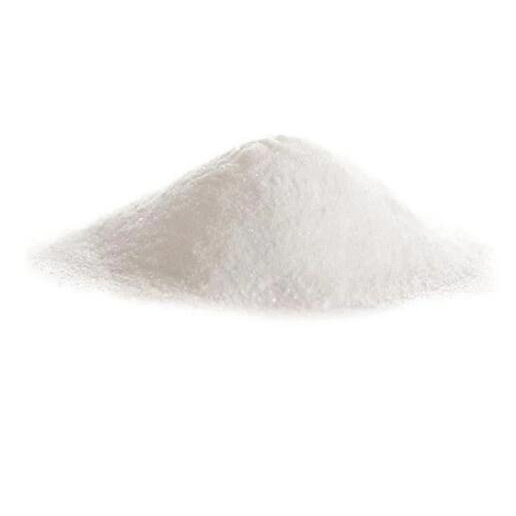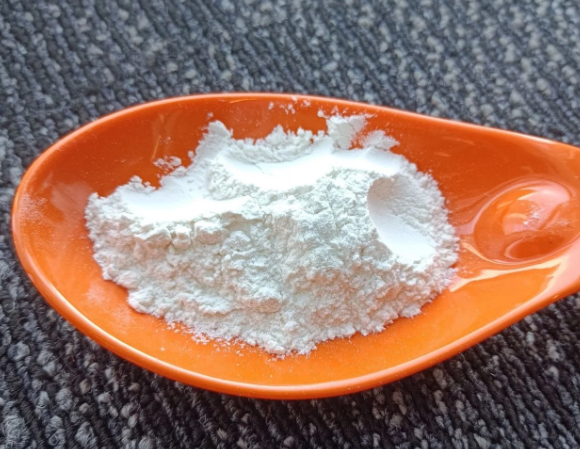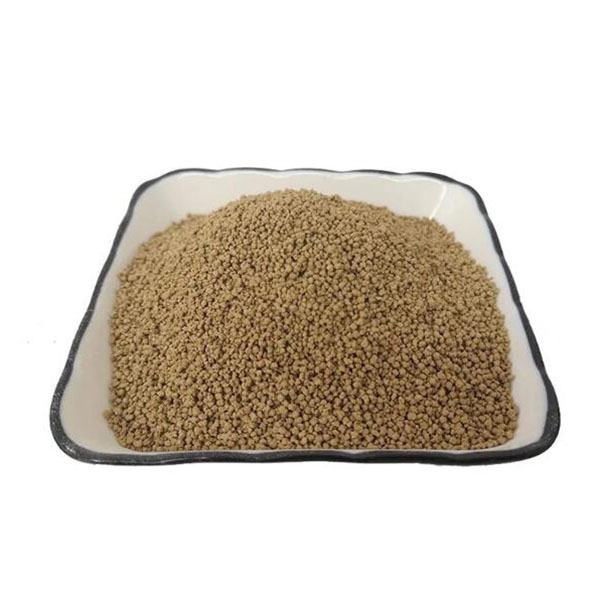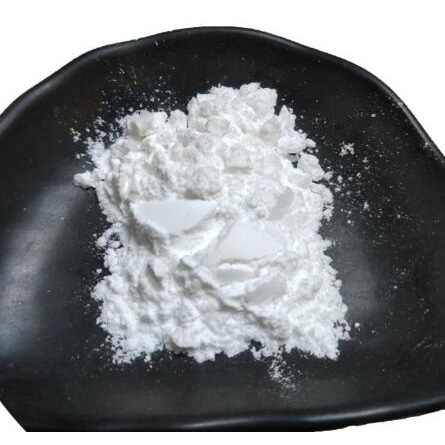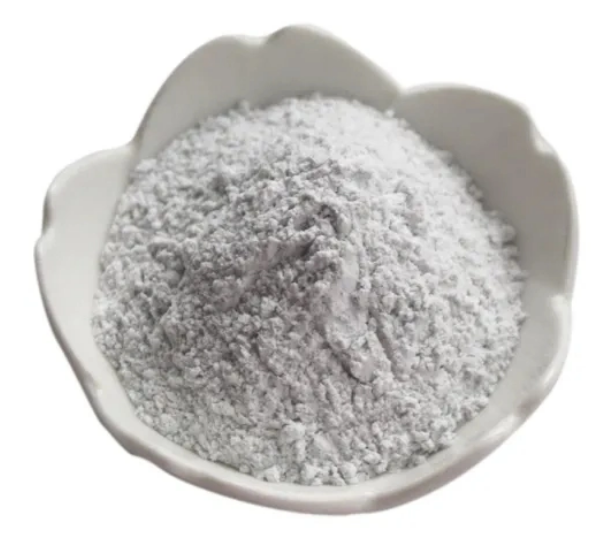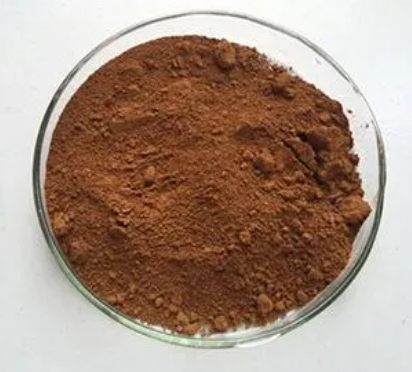Glycine CAS:56-40-6
Protein synthesis: Glycine is an essential building block for proteins. It helps in the synthesis of connective tissues, enzymes, and muscle proteins. By providing an adequate supply of glycine, animal growth and development can be efficiently supported.
Muscle development: Glycine aids in the production of creatine, which is responsible for muscle energy metabolism. It is essential for proper muscle growth and the maintenance of lean body mass in animals.
Metabolic functions: Glycine plays a vital role in the detoxification of harmful substances in the body and the regulation of glucose levels. It supports liver function, which is crucial for efficient metabolism and overall health.
Feed palatability: Glycine can improve the taste and smell of feed, making it more appealing to animals. This leads to increased feed intake and better nutrient utilization.
Feed efficiency: By optimizing the use of dietary nutrients, glycine can improve feed efficiency in animals. This means that more of the nutrients consumed are effectively utilized for growth and production, reducing feed costs and environmental impact.
Glycine feed grade is commonly used in various animal species, including poultry, swine, cattle, and aquaculture. It can be added directly to animal feed or incorporated into premixes or complete feed formulations. Manufacturers typically provide guidelines for appropriate dosage levels based on the specific animal species, growth stage, and production goals.
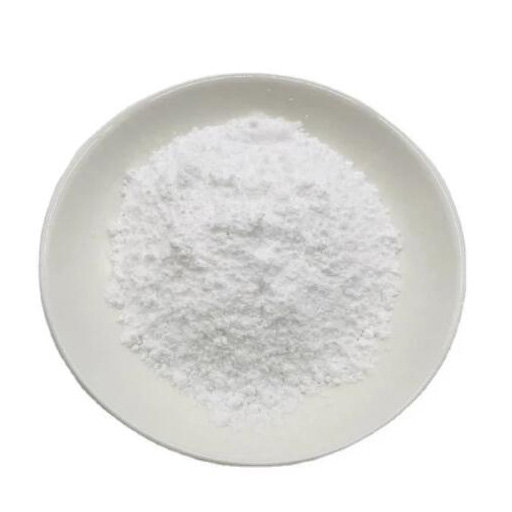
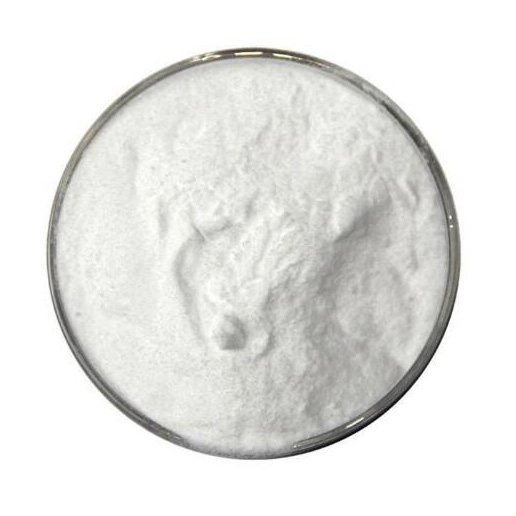
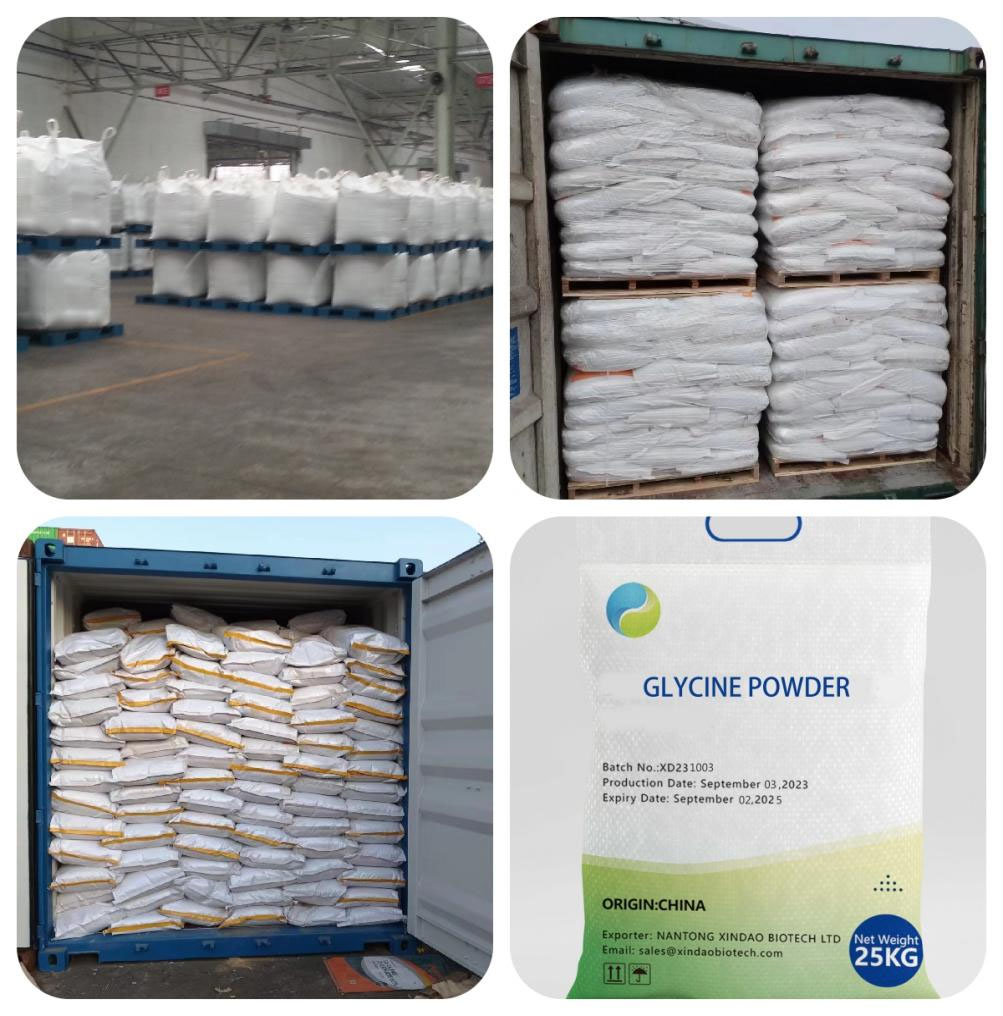
| Composition | C2H5NO2 |
| Assay | 99% |
| Appearance | White Crystalline Powder |
| CAS No. | 56-40-6 |
| Packing | 25KG 500KG |
| Shelf Life | 2 years |
| Storage | Store in cool and dry area |


